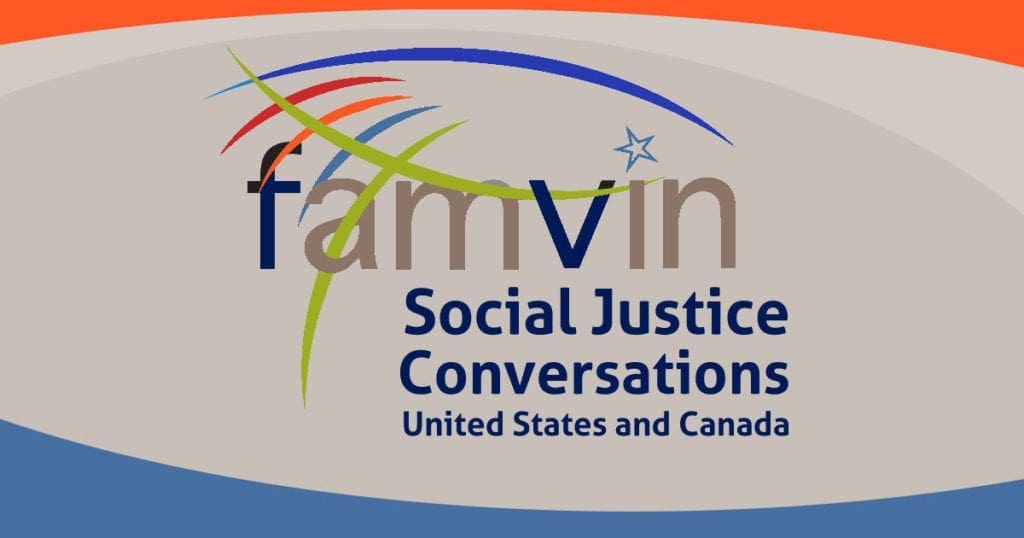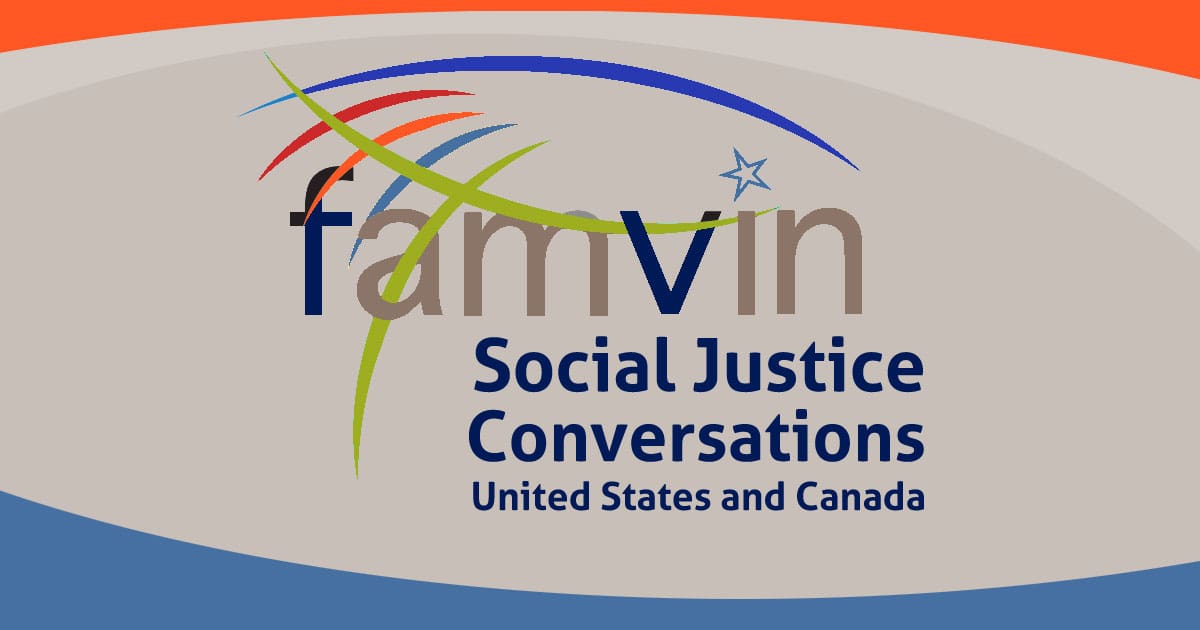Black Catholics and Racial Injustice
Whenever I can, I enjoy the experience of Sunday Mass at St. Francis Xavier parish on 16th Street in Manhattan. The concluding Rite of the Sunday Mass always involves the recitation of the parish pledge for racial justice. The pledge simply states that as a Christian and child of God:
- I support the dignity and worth of every human being as the Gospel demands and will work every day to treat each person as I want to be treated.
- I strive to understand and dismantle the injustice and suffering caused by white privilege and white supremacy.
- I commit myself to eliminating prejudice from my thoughts and actions so that I can promote the racial justice needed in our church, our nation, and our world.
The benefits I derive from reciting the pledge are that I tend to read more in the area of racial justice and I am more apt to respond to advocacy requests.
Recently, I read an editorial in the National Catholic Reporter (NCR) titled Black Catholics survey prompts the need for prioritizing racial justice (03/15/22). Based on a Pew Research Report, “Black Catholics in America,” released on March 15, the editorial stated that 6% of Black Americans identify as Catholic (about 3 million). Of these, 20% were born in Sub-Saharan Africa, 15% are Caribbean-born and just 5% are US born. So, the Black Catholic community in the United States is diverse community in which wide majorities consider opposition to racism as essential to being a Christian; they believe that Jesus’ teaching affirms the dignity and equality of all human beings; by wide margins they oppose sexism and discrimination against women; are accepting of homosexuality; and understand that immigration strengthens society. According to the same Pew Research data very few Black Catholics had heard sermons, lectures or group discussions on race or race relations within a year.
Quoting Tia Noelle Pratt (the director of mission engagement and strategic initiatives and assistant professor of sociology at Villanova University in Villanova, Pennsylvania), the NCR editorial concludes: “Concrete action must be taken now. The church must do more to proclaim its message of racial justice, in homilies and in statements from bishops and the bishops’ conference. The church must do more to prioritize racism among other social justice issues. Says Pratt, perhaps the bishops could actually implement Open Wide our Hearts, their pastoral letter against racism.”
Open Wide our Hearts, a document that is highly praised and deeply criticized, promotes understandings and strategies that, if implemented, could be very useful in changing the real life situation of all peoples living on this continent. And, Open Wide our Hearts also contains a remarkable acknowledgment by the US bishops:
We, the Catholic bishops in the United States, acknowledge the many times when the Church has failed to live as Christ taught – to love our brothers and sisters. Acts of racism have been committed by leaders and members of the Catholic Church – by bishops, clergy, religious and laity – and by her institutions. We express our deep sorrow and regret for them. We also acknowledge those instances when we have not done enough or when we have stood by silently when grave acts of injustice were committed. We ask forgiveness from all whom we have harmed by these sins committed in the past or in the present. (p 18)
An acknowledgement does not erase centuries of violence. Still, confession is a significant first step in restoring right relationships, especially if it is understood as a first step in creating a society in which the benefits of life are shared equitably by all.
Other steps are easily discernable as the US bishops describe how generations of African Americans were disadvantaged:
by slavery, wage theft, “Jim Crow” laws, and by the systematic denial of access to numerous wealth-building opportunities reserved for others. With some exceptions, the poverty experienced by many of these communities has its roots in racist policies that continue to impede the ability of people to find affordable housing, meaningful work, adequate education, and social mobility. The generational effects of slavery, segregation, and systemic violence – including the lynching of more than 4,000 men, women and children across 800 counties in the United States between 1877 and 1950 – are realities that must be fully recognized and addressed in any process that hopes to combat racism. (26)
A confession of sin coupled with a purpose of amendment as outlined here might make the words of an apology very credible. We are, after all, bound together by the future we are creating by our actions even now.
As North American social justice advocates from various branches of the Vincentian Family we have continually addressed the situation of people disadvantaged by racial injustice. Here I am picking up on a suggestion by the editorial staff of the NCR and by Tia Noelle Pratt. I am asking whether it is time for us as Vincentian Family social justice advocates to try to find ways to challenge our institutional religious leaders to a greater implementation of Open Wide our Hearts? (1)
(1) Our North American social justice advocates are Vincentians from Canada and the US. While all agree on the degradation of human life caused by institutional racism, the analysis and solutions may differ by country. In my view it is more valuable to have a reflection on redressing injustice of racism in a Canadian context presented by Canadian Vincentians.

Tags: social justice







Thanks, Joe…